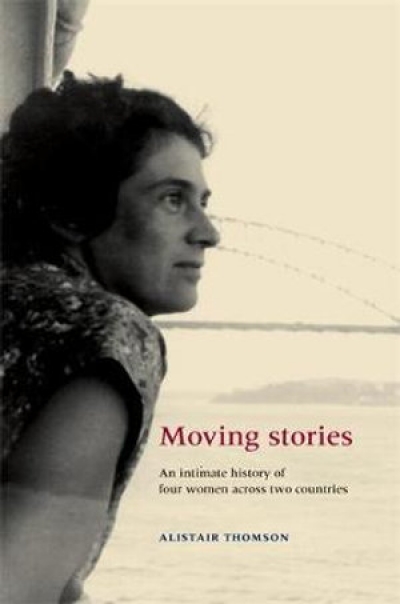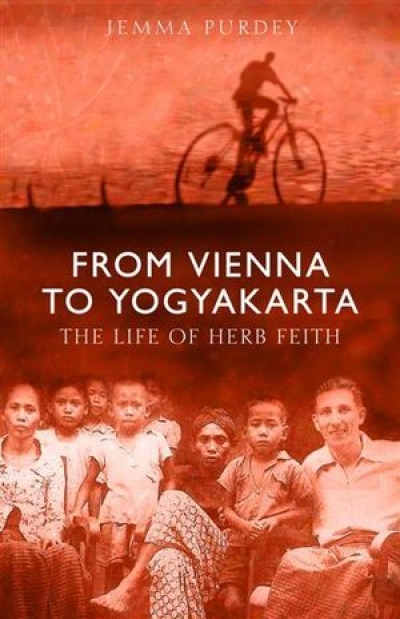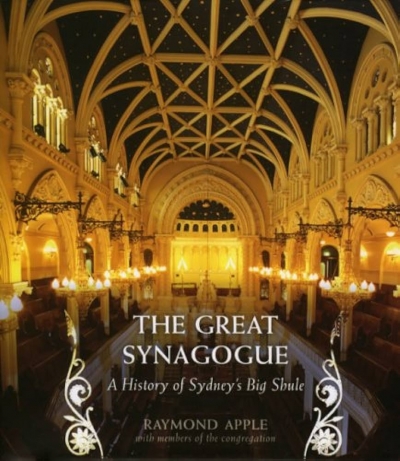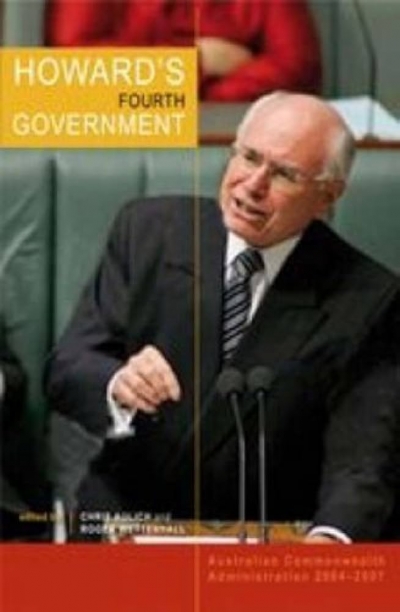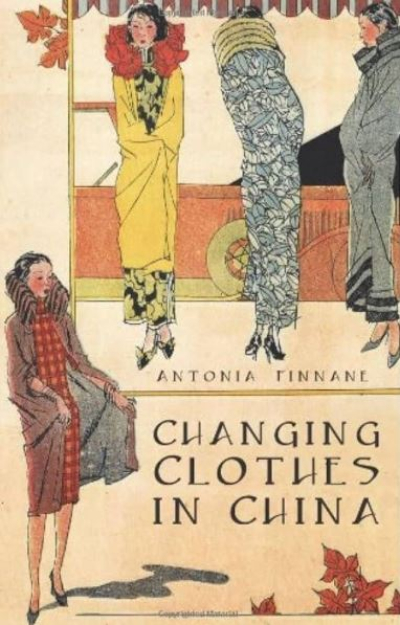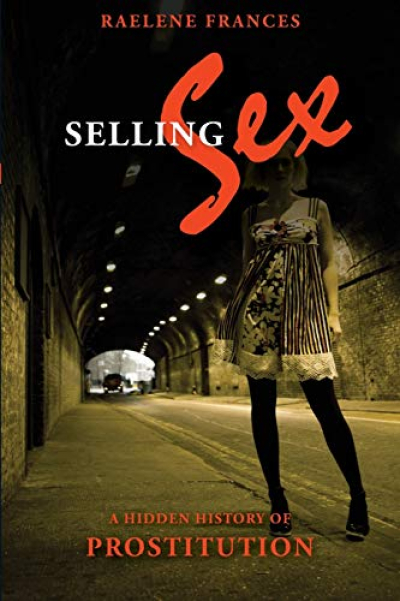UNSW Press
Burning Issues: Fire in Art and the Social Imagination by Alan Krell
by Peter Hill •
Liberty: A History of Civil Liberties in Australia by James Waghorne and Stuart Macintyre
by Terry Lane •
Moving Stories: An Intimate History of Four Women Across Two Countries by Alistair Thomson
by Penny Russell •
From Vienna to Yogyakarta: The Life of Herb Feith by Jemma Purdey
by Joan Grant •
How to Write History That People Want to Read by Ann Curthoys and Ann McGrath & Voice and Vision by Stephen J. Pyne
by Stuart Macintyre •
The Great Synagogue: A history of Sydney’s big shule by Raymond Apple
by Yossi Klein •
Howard’s Fourth Government by Chris Aulich and Roger Wettenhall (eds) & Inside Kevin 07 by Christine Jackman
by Norman Abjorensen •
Changing Clothes in China: Fashion, History, Nation by Antonia Finnane
by Gloria Davies •
Selling Sex: A hidden history of prostitution by Raelene Frances
by Jay Daniel Thompson •


